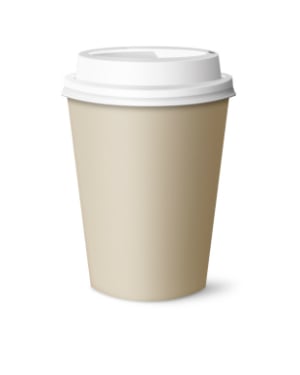
Caffeine kick: is your teen overdoing it?
14 October 2014
In Canada, children don’t usually acquire a taste for coffee before they reach their teen years but once they do, it can become a daily ritual. You don’t have to wander far from your own neighbourhood to take the (sometimes racing) pulse of coffee culture. Cafés are everywhere, and these inviting local spots are a magnet for teens after school lets out.
A rich cup of coffee is not the only caffeine culprit though. Soft drinks and energy drinks have their share of caffeine too, and even drinks that don’t appear to be caffeine-based might have caffeine in the ingredient list.
How much is too much?
According to Health Canada, small amounts of caffeine are not a concern for most Canadians, but it’s very important to manage caffeine consumption to avoid problems such as insomnia. Health Canada’s website has detailed information on how much caffeine is ok to consume for children, adolescents and adults. The website provides recommendations by age and weight so you can easily determine what an appropriate amount should be. For example:
- Children aged four to six should have no more than 45 mg of caffeine per day – the equivalent of about one 355ml can of regular cola.
- Recommendations for adolescents (13 and up) are a maximum of 2.5 mg of caffeine per kilogram of body weight. So if your teen weighs 55 kg (approximately 120 lbs.) they’re caffeine intake should max out at 137.5 mg a day—the equivalent of a small coffee at Tim Hortons.
Spot the side effects of high caffeine consumption
The common side effects from consuming too much caffeine are insomnia, headaches, irritability and nervousness. If your teenager is experiencing any of these symptoms, you’ll need to take a closer look at how much caffeine is in their daily diet.
Check the numbers before you buy
Determining the caffeine count in commercially available drinks such as cola or Red Bull is not always simple since many manufacturers don’t list caffeine on the can. A quick web search, however, will usually provide the answer.
You might be surprised to learn that popular chains such as Second Cup and Tim Hortons have detailed information on the caffeine content in all their drinks. The information is available on their websites or you can ask for it at the cash before you order. They also list the nutritional value of their products so you can remind your teen to look out for hidden calories in those caffeine-based drinks. Coffee topped with sugar and whipped cream is pretty tempting but it’s not something they should drink every day of the week.
